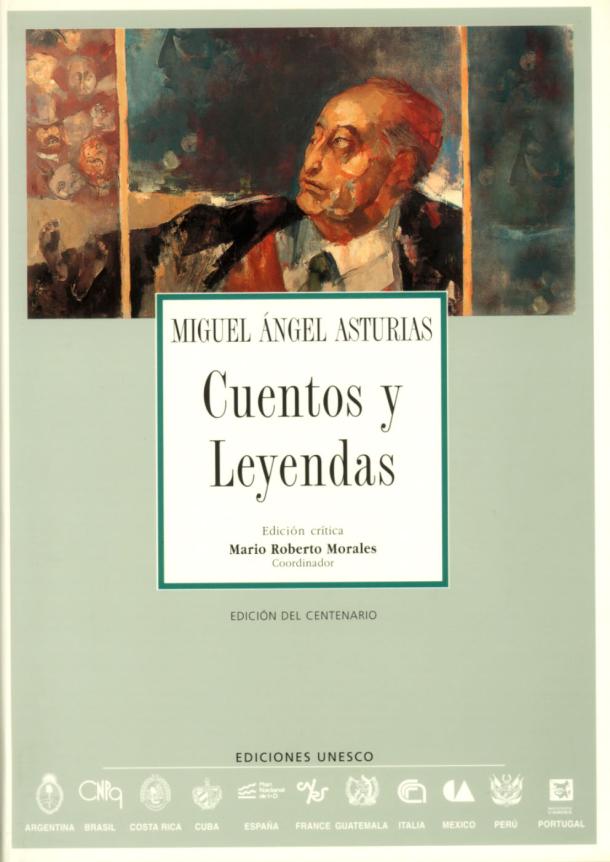
Publications
UNESCO’s publications contribute to accomplishing the Organization’s goals. They are an important means of maintaining, advancing and sharing knowledge, between and across all parts of the world. While some aim to inform the general public, many provide specialists with expert knowledge drawn from UNESCO’s fields of competence. These diverse publications and co-editions, translated into over 70 languages, all serve the common goal of bringing about positive change.
- Discover our latest global reports, monographs and co-publications, periodicals and children's books in our Publications catalogue.
- Order printed copies of UNESCO publications here.
- Browse through our Digital Library which provides free access to over 350,000 UNESCO publications.
UNESCO Global Reports
.jpg?h=8d8e5589&itok=rNNhSVg_)
Non-state actors in education: who chooses? who loses?


Journalism is a public good
.jpg?h=6dac5be5&itok=d3_PUW5A)
.jpg?h=8293914b&itok=v03Eu-Q-)
.jpg?h=7d69b160&itok=b_Ae9lnE)
Groundwater: making the invisible visible
Monographs and co-publications
A selection of recent publications




Our General Histories
Archivos: Latin American and Caribbean identity (1988–2003)
- As the world started to discover Latin American literature, the absence of dialogue between the readers and specialists from the different countries in the region was made evident. In October 1988, the first 12 volumes of the Archives of 20th-century Latin American and Caribbean Literature, a collection launched in 1983 with the assistance of UNESCO, were published.
- Over the years, a total of 58 titles were produced, featuring the major works in Spanish, Portuguese and French from some of the best writers in Latin American and the Caribbean, along with critical essays, chronologies and background papers produced by the top specialists at the time. This collection remains unparalleled today.

UNESCO Networks and Celebrations
Creative Cities of Literature
The UNESCO Creative Cities Network (UCCN) was created in 2004 to promote cooperation with and among cities that have identified creativity as a strategic factor for sustainable urban development.
The Network covers seven creative fields: Crafts and Folk Arts, Media Arts, Film, Design, Gastronomy, Literature and Music.
The 246 cities which currently make up this network work together towards a common objective: placing creativity and cultural industries at the heart of their development plans at the local level and cooperating actively at the international level.



